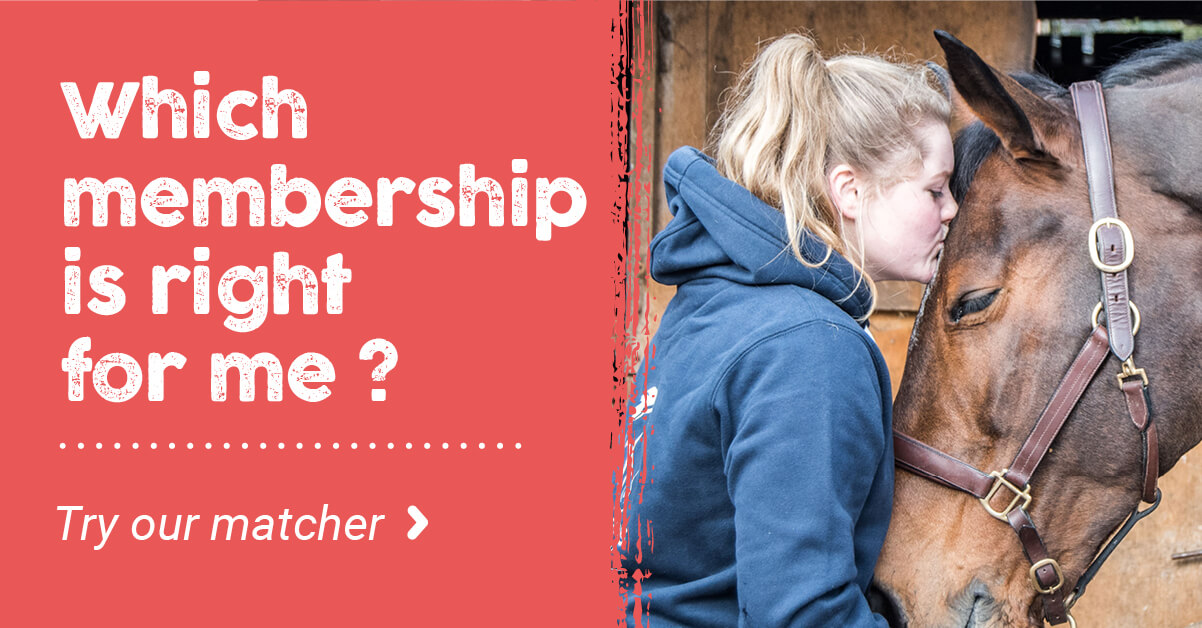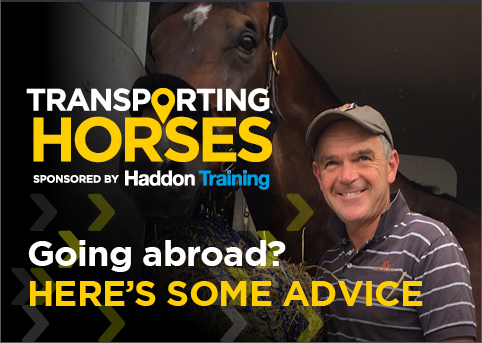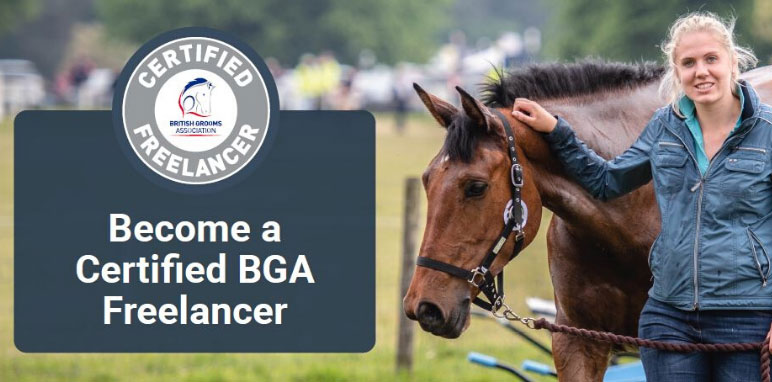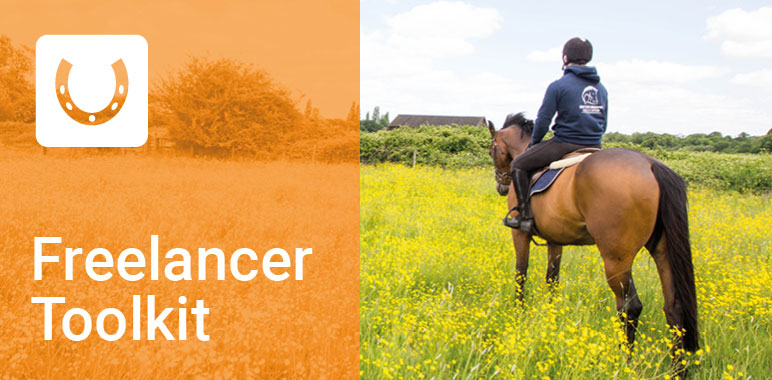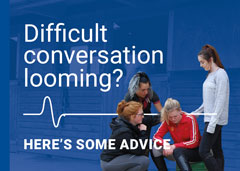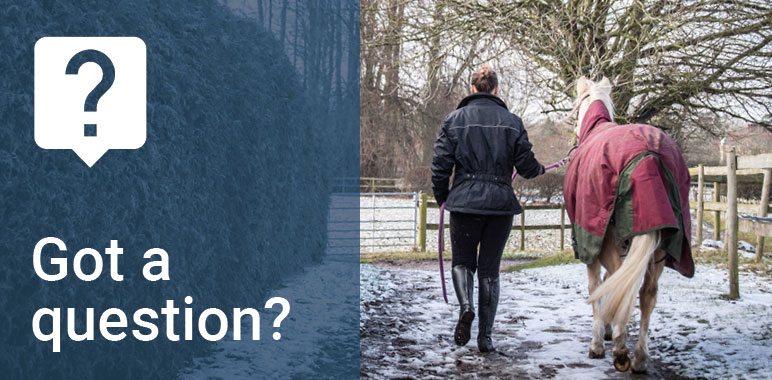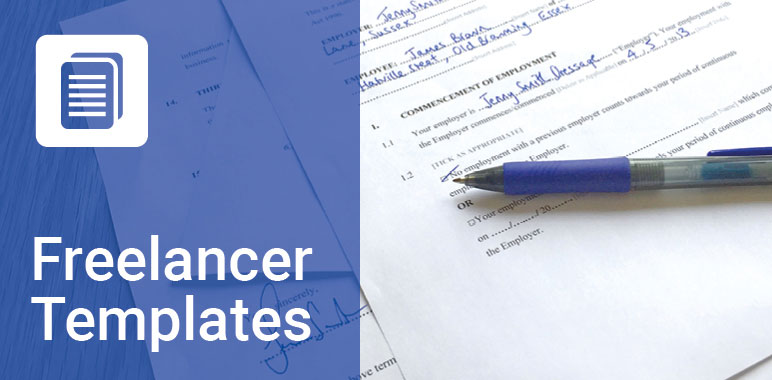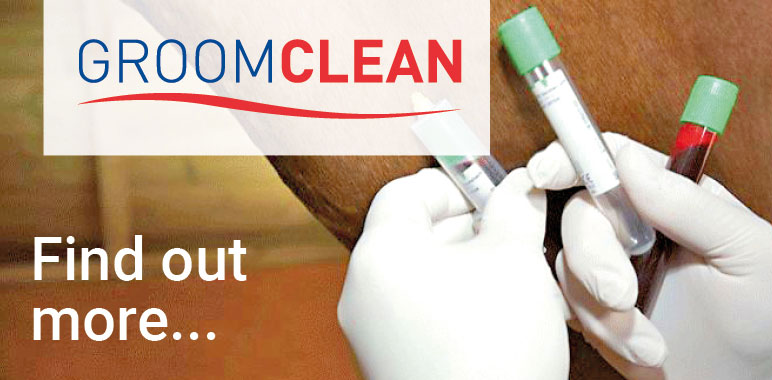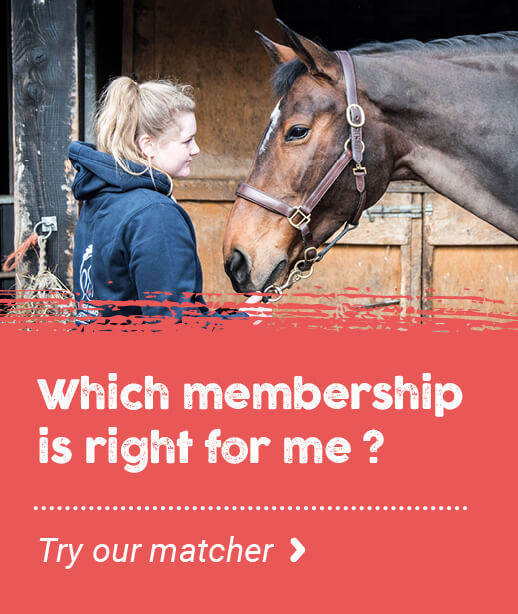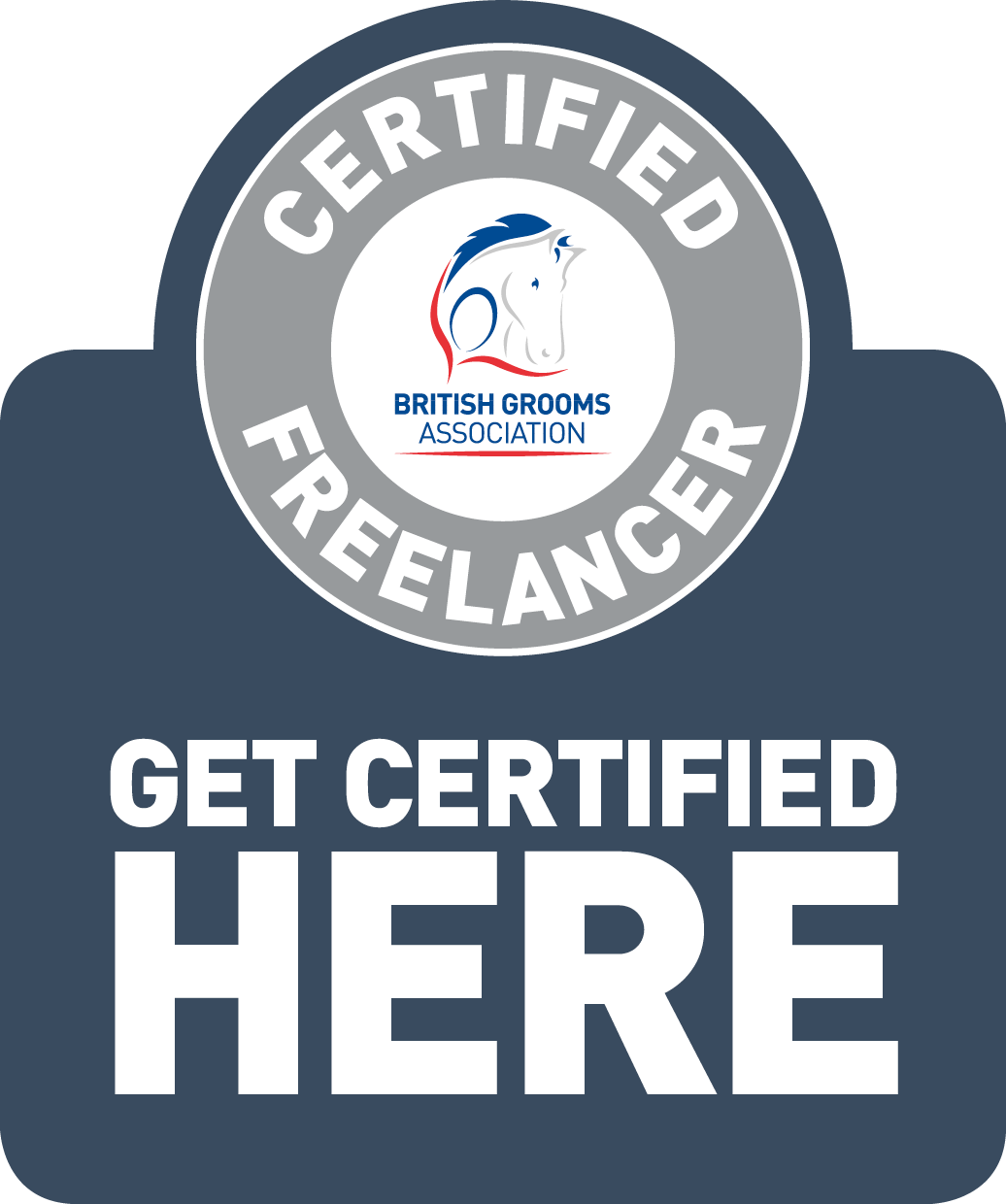- Join Now
- Login
- Member Zone
- Your Career
- Freelancing
- International Grooms Association
- BGA Training
- Healthy Yard Healthy Horses
- Transporting horses
- Brexit
- Safe workplace
- Student Zone
- Member Discounts
- BG Magazine
- Member services
- Training & Careers
- BGA CV Creator
- Horse groom training
- Where to Train
- BGA E Learning
- Career choices
- Change to Racing
- First Aid training for grooms
- Parents
- Grooms Jobs
- Grooms Life
- About
- News
- Contact

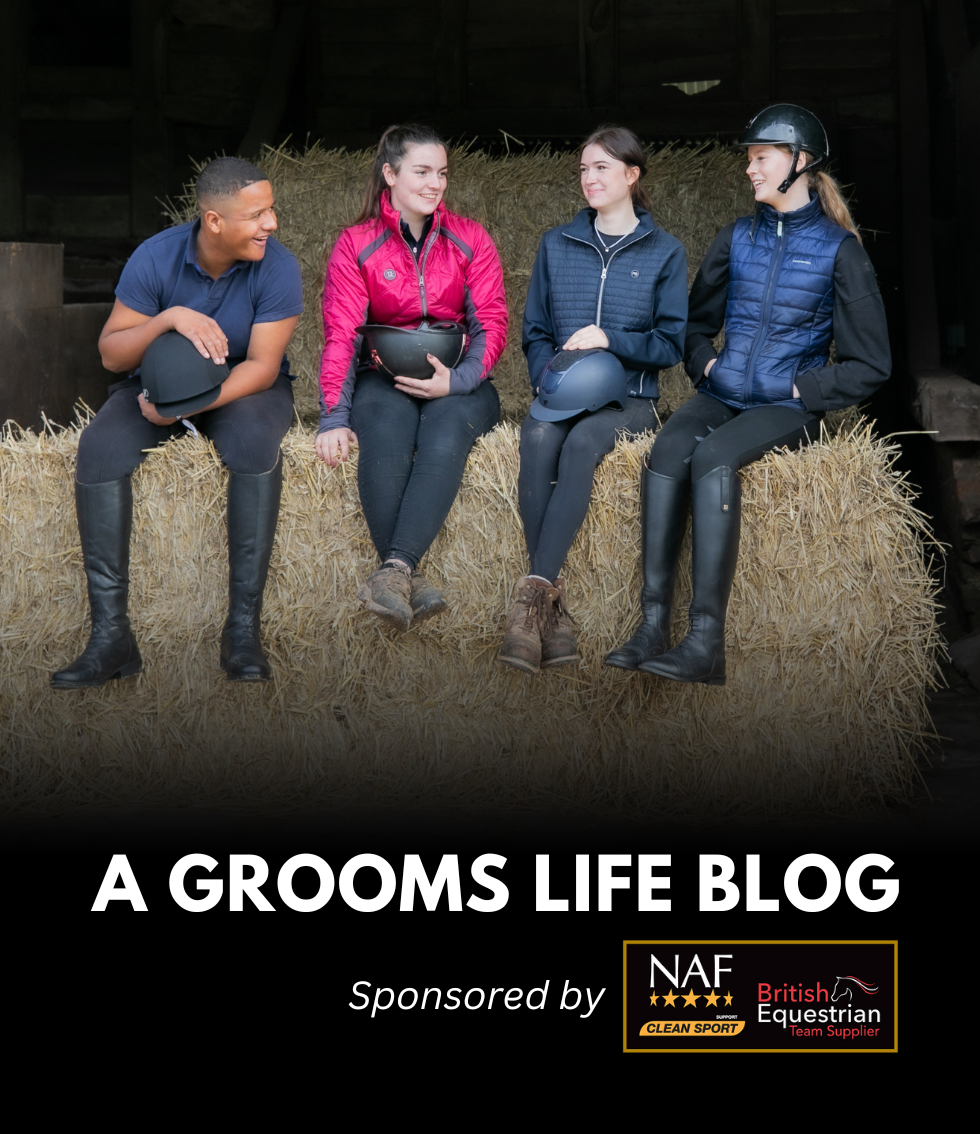
Together with the Equestrian Employers Association, the BGA takes a deep dive into the topic of obsessive-compulsive disorder (OCD), and what it actually means for those who suffer with it. It’s currently Mental Health Awareness week 2023, the perfect time to raise awareness as to why this common phrase shouldn’t be used within job adverts. Employers use the term, OCD, when requesting candidates with a strong attention to detail and the ability to work to a high standard. It is not just employers who use the term OCD, many grooms are advertising their services with this phrase to convey they are diligent and take pride in their work. At first glance, most people wouldn’t notice this term being used within adverts, or even think twice about the meaning or impact this may have on the mental health of people suffering with the disorder. The context is generally used in a positive manner, and not to cause offence, however it’s time to understand why this term really shouldn’t be used in this way. Obsessive-compulsive disorder (OCD) is a common, chronic, and long-lasting anxiety related disorder in which a person has uncontrollable, reoccurring thoughts ("obsessions") and/or behaviours ("compulsions") that he or she feels the urge to repeat over and over. A sufferer will have obsessions and is also likely to have compulsions and unhelpful beliefs too. The obsessions and compulsions can be time-consuming, distressing and have a big impact on their day-to-day life, relationships and their ability to work. To really understand how the disorder has an impact on someone who works with horses, we spoke with a groom who suffers with OCD. “In my last job it became so bad that I couldn't go to sleep if I hadn't gone and checked on each horse, no matter the time or if it was my day off, (I lived on site). It didn't matter that there was CCTV, I needed to go and physically look at the horses to make sure they were fine. Usually that also involved double, triple, and quadruple checking the doors of each stable, because I couldn't trust myself that they had been closed. The main difference between being diligent at checking your work and having OCD, is that rationally you can be completely aware of how redundant and ridiculous your worries are, but you cannot go against your brain that keeps on nagging you with horrible scenarios of what would happen if, on the off chance, you were wrong and did forget to close that door.” OCD can’t be switched off, it isn’t possible to have the parts employers are hinting at (tidiness, cleanliness, good organisation etc), without the many other parts that make someone’s life difficult to manage. OCD is not an adjective or a quirk. Sufferers of OCD have a debilitating recognised disorder. Experiencing obsessions can make life really difficult. Consider how you would feel if you read a comment that made light of your serious and sometimes life-threatening disorder? A quote within an article by Rethink Mental Illness really brings home the message; When OCD is used as an adjective by the public it makes people less likely to take OCD seriously, and doesn’t convey the pain endured by sufferers. Download a obsessive compulsive disorder factsheet which gives information on the symptoms, causes and treatments for OCD. It’s good to talk about mental health, raising awareness is so important and helps everyone to understand these disorders without judgement. So please, don’t use the term OCD (or any other mental health disorder), within your adverts and if you see someone you know using the term as an adjective, take a moment to explain why this is damaging. Our Grooms Minds online resource is dedicated to supporting the mental health and well-being of BGA members. The life of a groom can be complex, and so this bespoke project aims to support all that work with horses. There is a library of information available plus a Groom’s Minds support line available 24 hours a day, 7 days a week, a trained helper is always ready to talk to you. To find out more about Grooms Minds click here. Join 1000’s of other grooms and belong to your professional association. OCD a bonus
18th May 2023
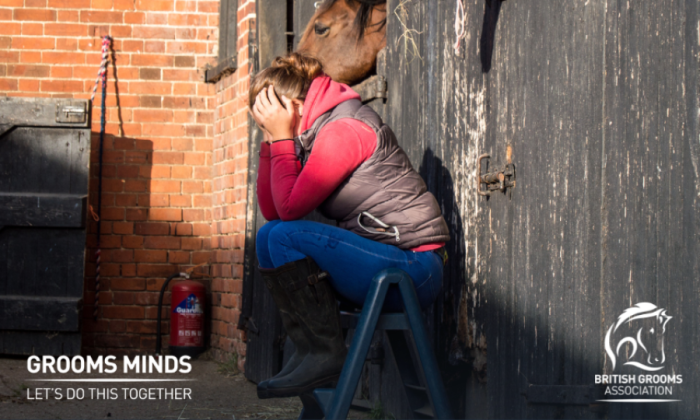
What is OCD
What could this look like for a groom?
Why is it important not to use OCD in adverts?
OCD Factsheet
Raising awareness
Need support?
BLOG ARCHIVE
- 2026 (3 ENTRIES)
- 2025 (14 ENTRIES)
- 2024 (52 ENTRIES)
- 2023 (60 ENTRIES)
- 2022 (35 ENTRIES)
- 2021 (24 ENTRIES)
- 2020 (19 ENTRIES)
- 2019 (45 ENTRIES)
- 2018 (36 ENTRIES)
- 2017 (7 ENTRIES)
What the personal accident policy covers you for:
- Whilst at work
- All stable duties – mucking out, grooming, washing off, turning out
- Clipping
- Riding – including hacking and jumping
- Hunting
- Lunging
- Breaking in
- Holding horse for a vet and other procedures
- Travelling horses both in the UK and abroad
- Competing in line with your job including: jumping, dressage, eventing
- Injuries that may happen to you whilst you are teaching - but you must also be grooming as part of your duties and not be a sole instructor
What the personal accident policy doesn’t cover you for:
- Riding in a race, point to point or team chase
- Stunt Riding
- Accidents occurring whilst travelling to and from work
- Riding and competing your own horse (but you can upgrade when applying for membership to include this)
- Public Liability – this is a separate insurance policy - the Freelance Groom Liability Insurance
- Care Custody and Control – this is a separate policy - the Freelance Groom Liability Insurance
If you require additional cover then please contact KBIS directly.
| GROOM | RIDER | EMPLOYER | |
|
When you are working for other people you do most of the following; muck out, turn out/catch in, tack up, groom horses, exercise Horses (including hacking, jumping and schooling), in the care of your employer/client. |
|
|
|
| Predominantly ride horses for other people including schooling, exercising and competing. | NO |
YES |
YES |
| Provide grooming services for someone else either full time or on a freelance basis i.e. an employer or a client. | YES |
NO |
NO |
| Employ staff – have an employers liability policy in your name | NO | NO | YES |
| Buy and sell horses | NO | YES | YES |


